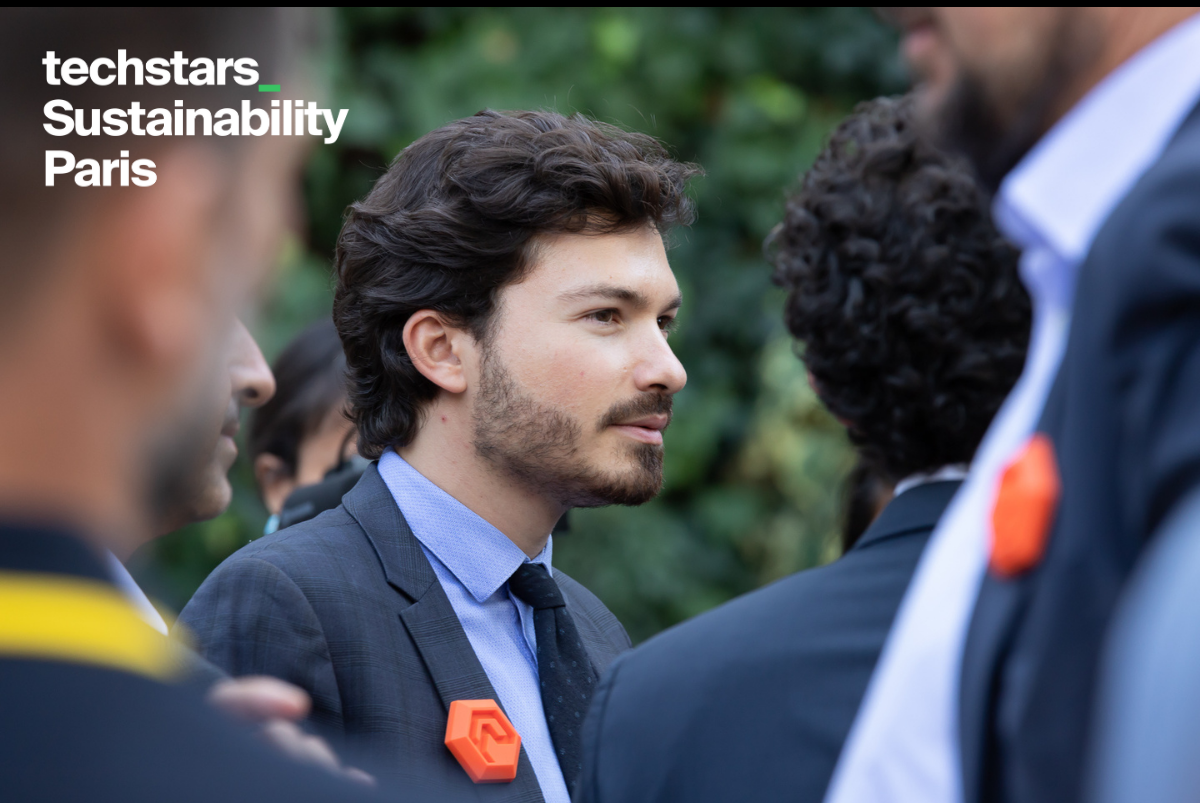Get to know Wastetide - Techstars Sustainability Paris Accelerator
Jun 04, 2024

Nicolas Brien, CEO & Founder
Wastetide cuts the costs and carbon footprint of waste.
1. Describe the problem/the industry that you are trying to mediate (and precise the UN SDG-s you are solving).
Our mission is to cut the costs and carbon footprint of waste (UN SDG 12).
It’s a very little known fact, but waste management generates more CO2 than air transportation. There should be a sense of urgency in fixing our disastrous production of waste : 2 billion tons EACH YEAR.
Most of the value created by waste management is about segregating the waste streams as early as possible: a ton of unsorted waste will cost you 500$ on average, while a ton of sorted waste can actually make you up to 1000$. From Singapore to California and France, more regulations are forcing businesses to take heed of a multiplying number of waste streams.
At factory level, waste management can cost up to 3% of your costs. When it’s not automatized with 250K pieces of hardware, handling waste still relies heavily on visual checks by factory operators. We want to produce an AI assistant that can identify instantly the value of waste and help factory managers cut theirs costs and carbon footprint.
2. How did the idea to create the company come to mind? How did your team come to be?
I have been obsessed with waste management for the past 15 years. It started when I became a local elected official in the countryside of France. At age 25, I was fascinated to approve 8 figures budgets for waste management, while the most common complaints from fellow citizens were often about waste management. I started roaming waste management facilities and industrial plants to get a grasp of the problem, and soon turned my obsession into a quest for solutions.
I met dozens of people on factory floors, whose job is to handle industrial waste, without knowing the exact value of it. So I decided to create a solution that would give instantly the value of a pile of waste. A few years later, I met Come on an advisory board: we were the youngest of the crowd and we shared common view on climate change. Come is an AI talent trained at Ecole Polytechnique and we started assembling a world-class tech team.
3. Why did you choose to participate in the Paris Techstars accelerator program? What are you looking forward to the most?
Global from day one. We wanted to signal to our partners and clients that we are on this journey to make a global impact and that we are setting our growth standards on the US ones.
We are starting with France, because the global leader in the waste management industry is French, but we are cracking a problem that is bigger than a single market.
4. What are you the most proud of in your initial journey with your company?
It took us six months to develop our MVP, while most AI startups tackling the waste industry took an average 2 years.
We cashed in our first revenues six months after incorporation and are executing fast.
We incorporated as an ESUS (Entreprise Solidaire d’Utilité Sociale) and have been able to align our investors on this vision, which is a very ambitious way of showing our commitment to social responsibility.
5. How do you plan to measure the positive impact of your company in the next 5 years? Environmentally focused question.
How many tons of carbon are we able to prevent ?
For each user of our solution, we cut the carbon footprint of waste by 200 kilos. If we are to become the global leader in data analytics for the waste management industry, we will reach gigacorn status.

